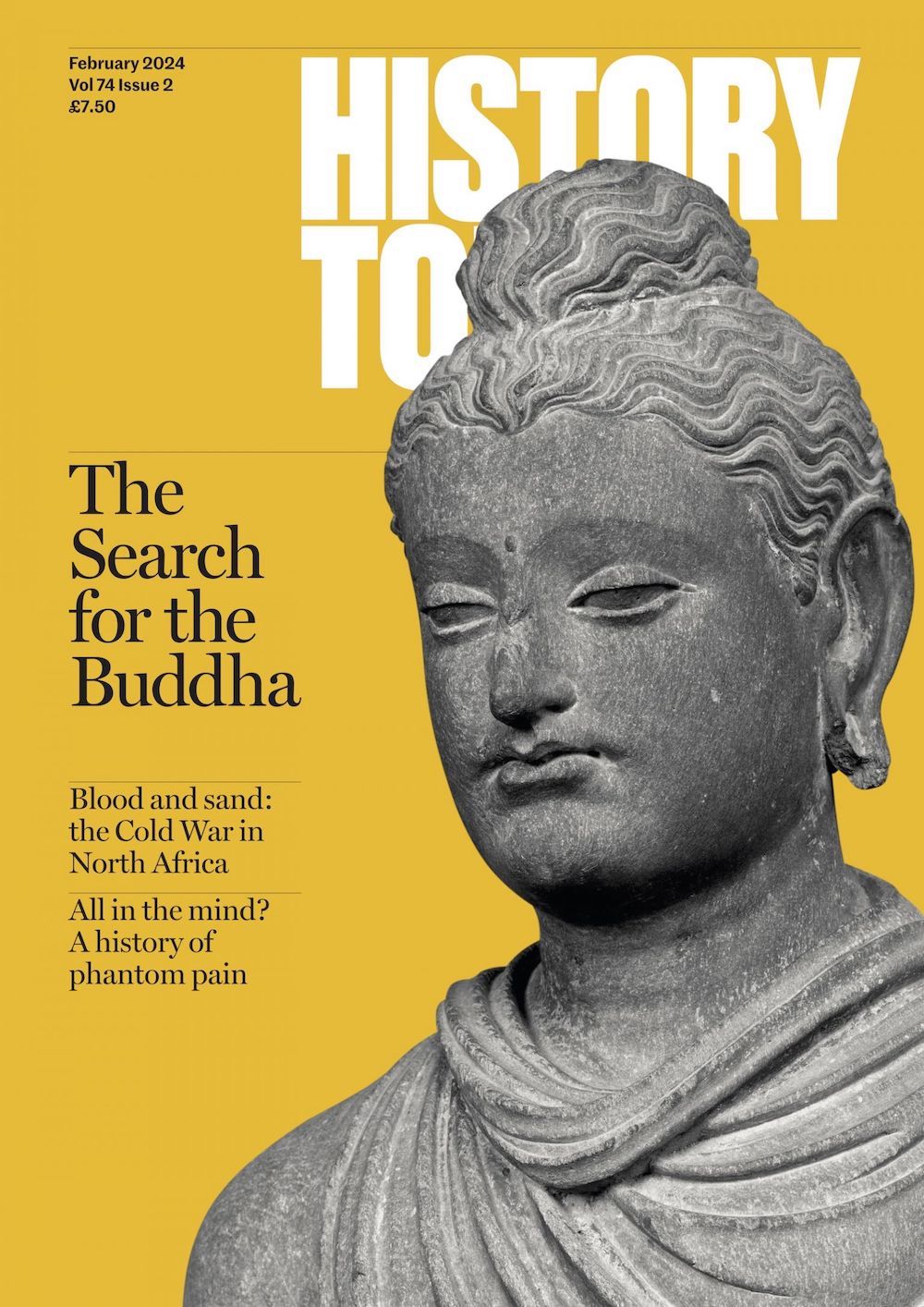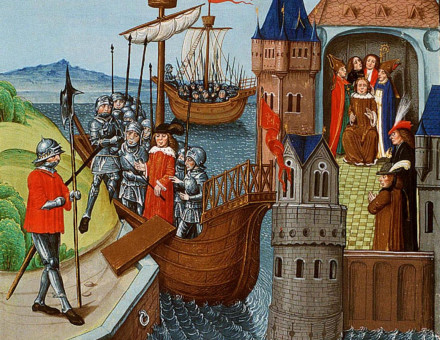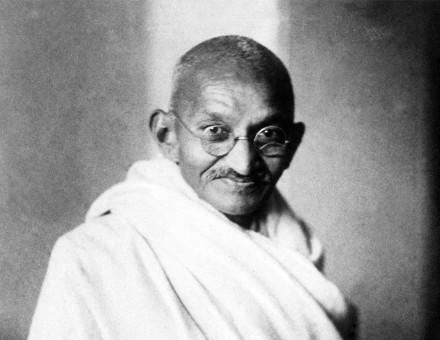The Role of the Individual in History
Frank McDonough looks at the old question of whether history is made by great individuals or impersonal forces.
There is a common assumption that great individuals are the dominant influence on historical change. Most people believe history without Joan of Arc, Henry VIII, Napoleon, Hitler, Stalin, Mao, Mussolini, Kennedy, Gorbachov and Thatcher would be dull. Of course, the cult of the personality is central to all recorded history. The Greek and Roman Empires linked their greatest periods with great leaders. Most European monarchs claimed to rule by divine right. Individual greatness was integral to the Renaissance and the Industrial Revolution. The stress on the power of the individual reached new levels in the 20th century, as dictatorships of the left and right elevated their leaders to god-like status. Hence, the myth of individuals rising above society to shape the course of history is pervasive and based on two assumptions. First, the actions of leaders are taken in isolation from their position within society. Second, the study of leader is justified because they did act independently of any restraints.





